
5 key findings from the ‘Redesigning Government’s Digital DNA’ survey
Central Government and the public sector have a responsibility to deliver successful digital transformation to improve services for citizens, streamline processes and make savings. But do they have the right skills and structures for success?
We spoke to over 90 Central Government departments and agencies to find out how ingrained digital was in their DNA. Including:
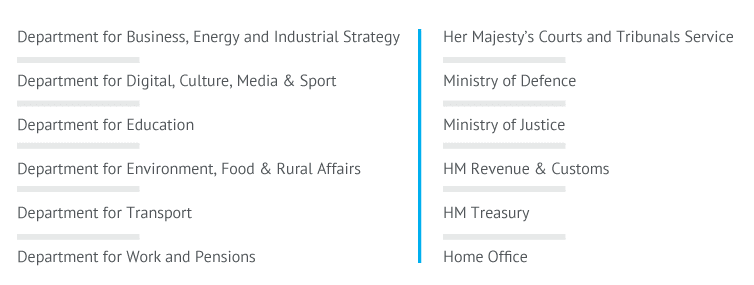
Our survey revealed a number of issues across public sector organisations directly affecting their ability to rapidly transform. We will publish the complete survey findings this week, including analysis, insights and recommendations (Get in touch if you would like to get a copy). But here are five stats we would like to highlight:
1. Over 70% of respondents say they either don’t feel digital by default is successfully being achieved, or they don’t know either way.
Is Digital by Default being achieved in practice?

The government’s ‘Digital by Default’ agenda aims to transform public services online – making them better and cheaper for taxpayers and more effective and efficient for government.
2. 50% of respondents still feel only partial progress is being made in digitising their current processes, with even less exploring automation to re-design their services and meet the ever-rising expectations of the British public.
What best describes the majority of your current business processes?
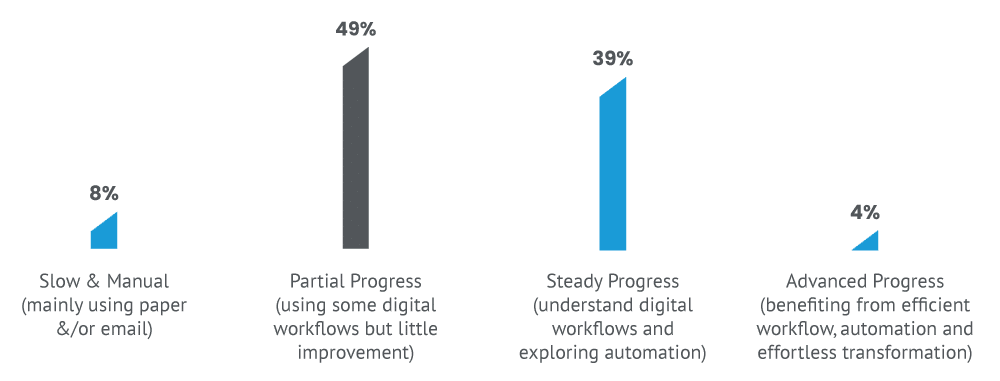
3. Over 50% of all respondents are not using any of the following in their digital transformation projects.
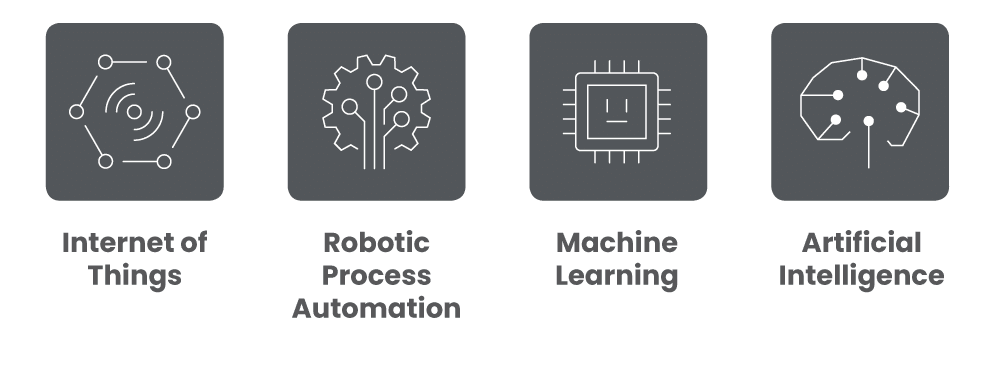
4. Staff skills and resources are amongst the most problematic issues when replacing legacy software and infrastructure.
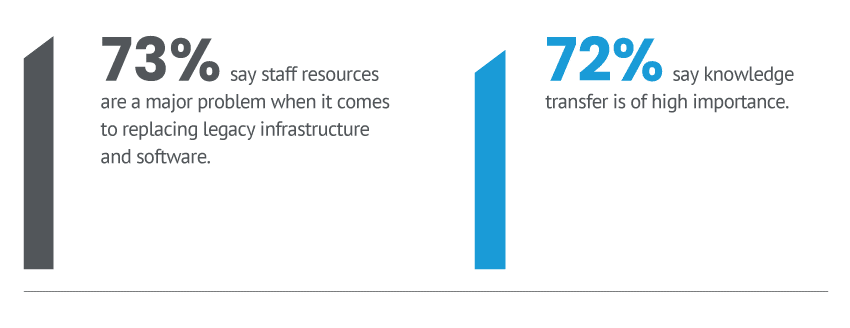
5. In light of a string of recent public sector data breaches and the arrival of GDPR, a concerningly high 43% of respondents still feel that cyber security threats pose a high risk to their organisation.
How much of a risk do cyber security threats pose to your organisation?
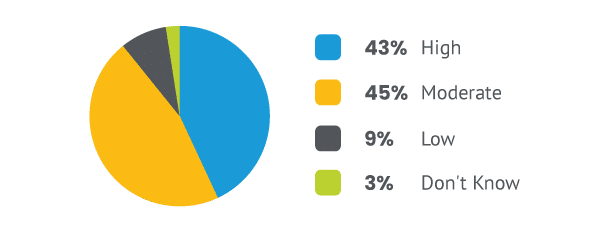
These are just some of the findings from our in-depth research. The report will include the complete survey findings and analysis of how digital processes can drive efficiencies and maximise the value public organisation deliver to citizens.
Related content
-

Download survey: Over half of government departments are not future-proofing their digital transformation projects
Published on: 22 November, 2018 -

Redesigning Government’s Digital DNA
Published on: 22 November, 2018 -

The importance of people in public sector digital transformation
Published on: 14 March, 2019 -

Digital Transformation: What problems are public sector organisations looking to solve?
Published on: 2 May, 2019
